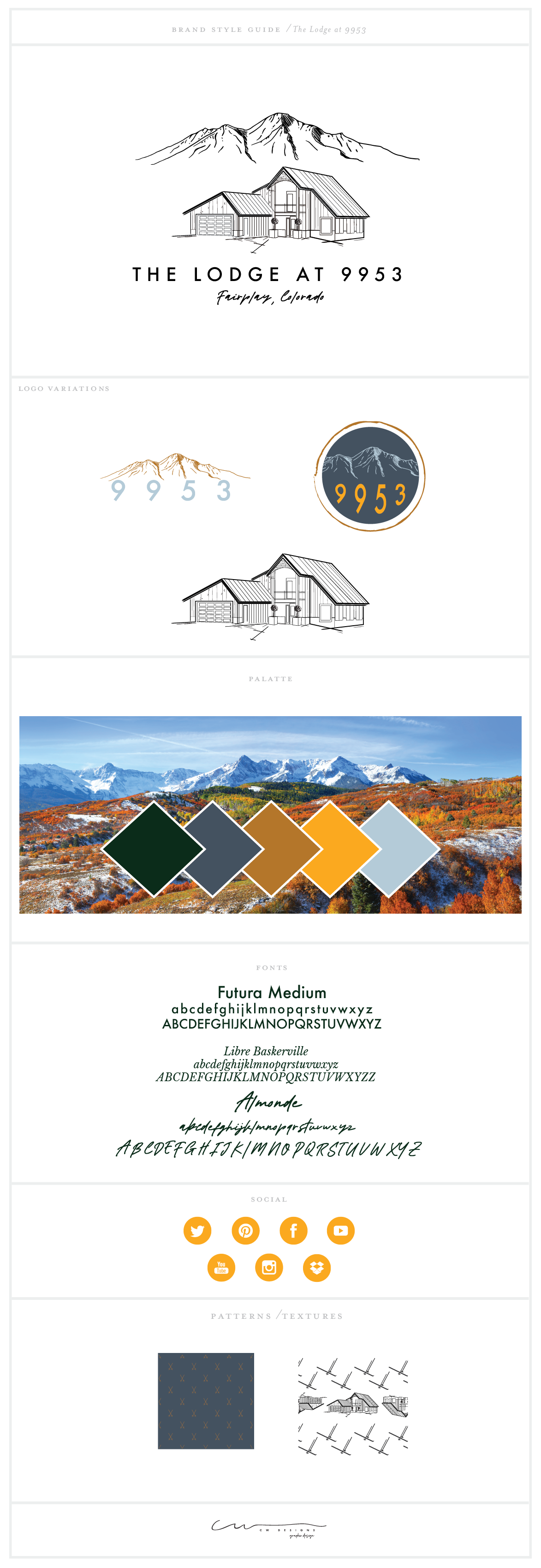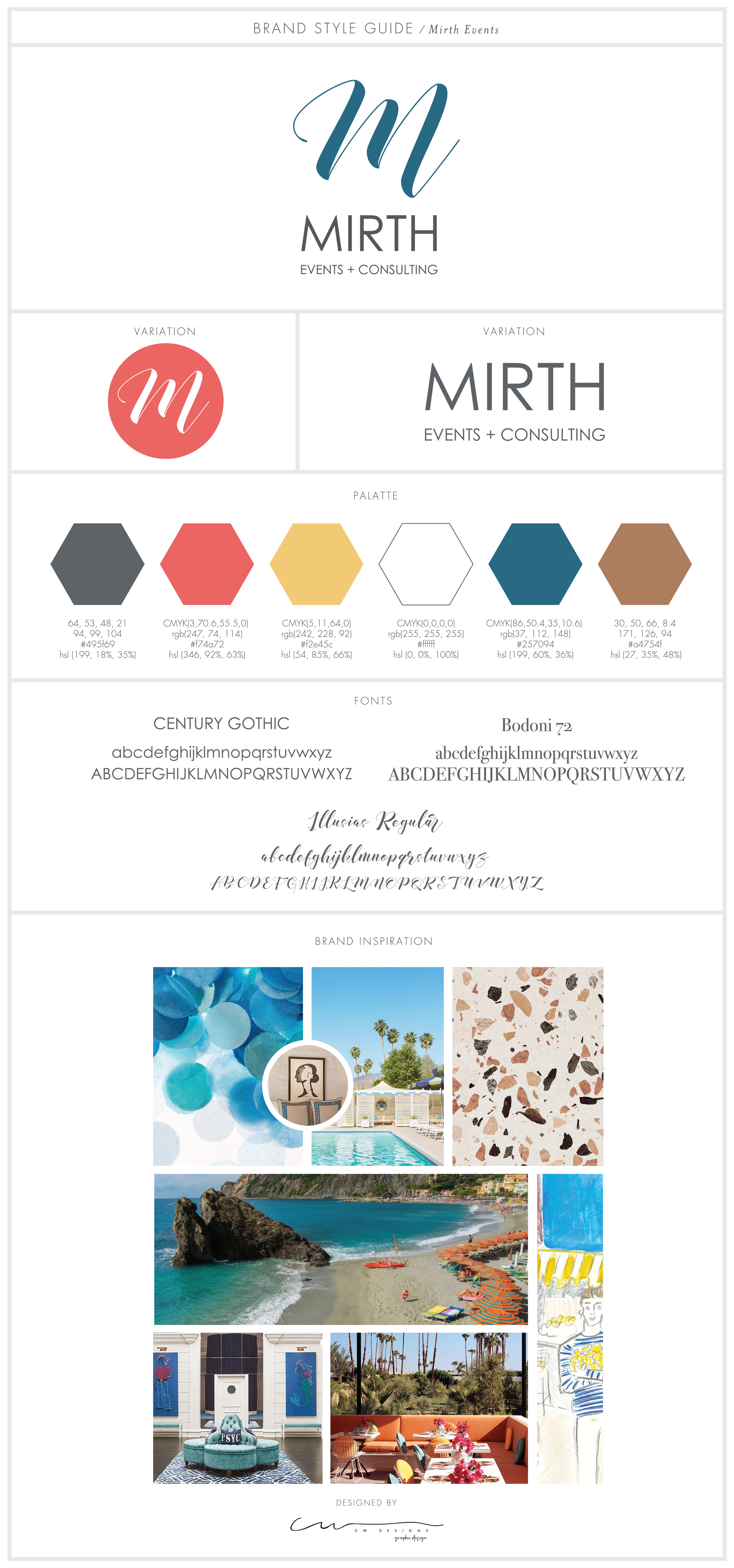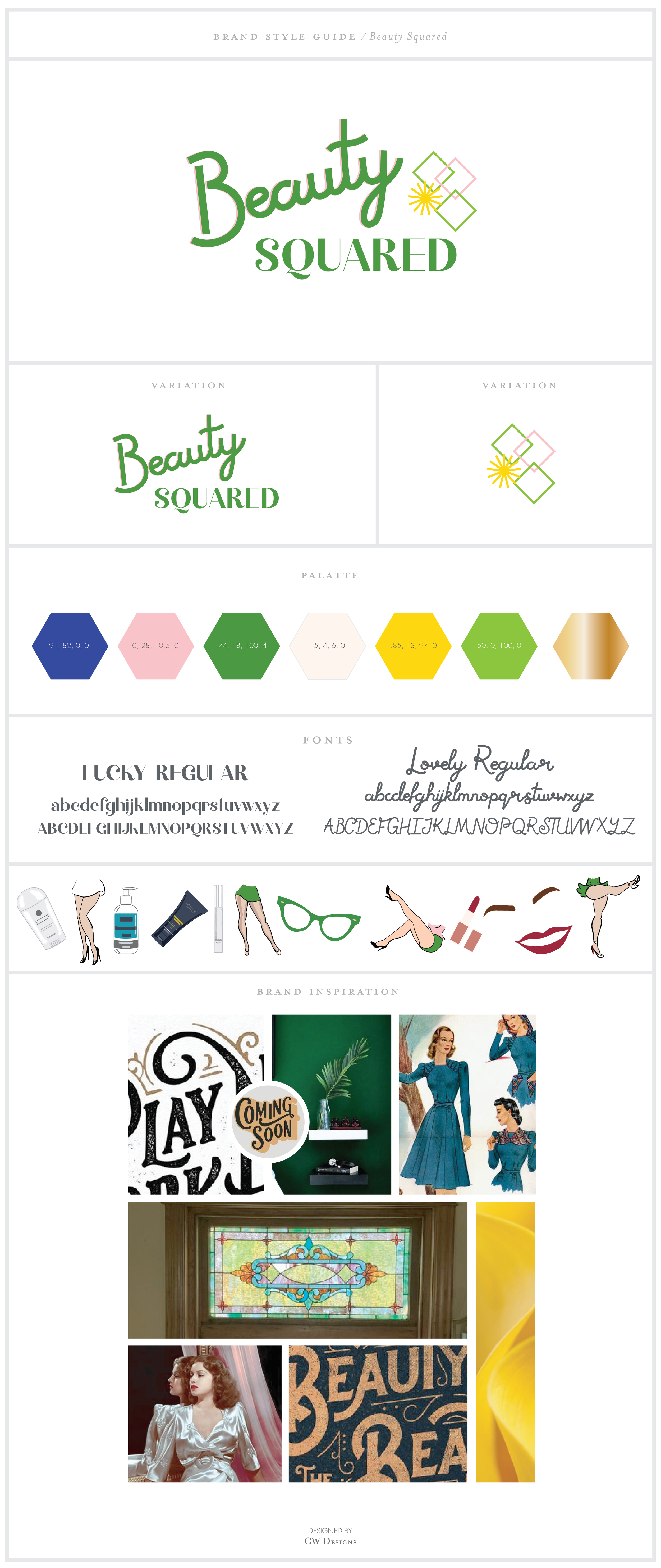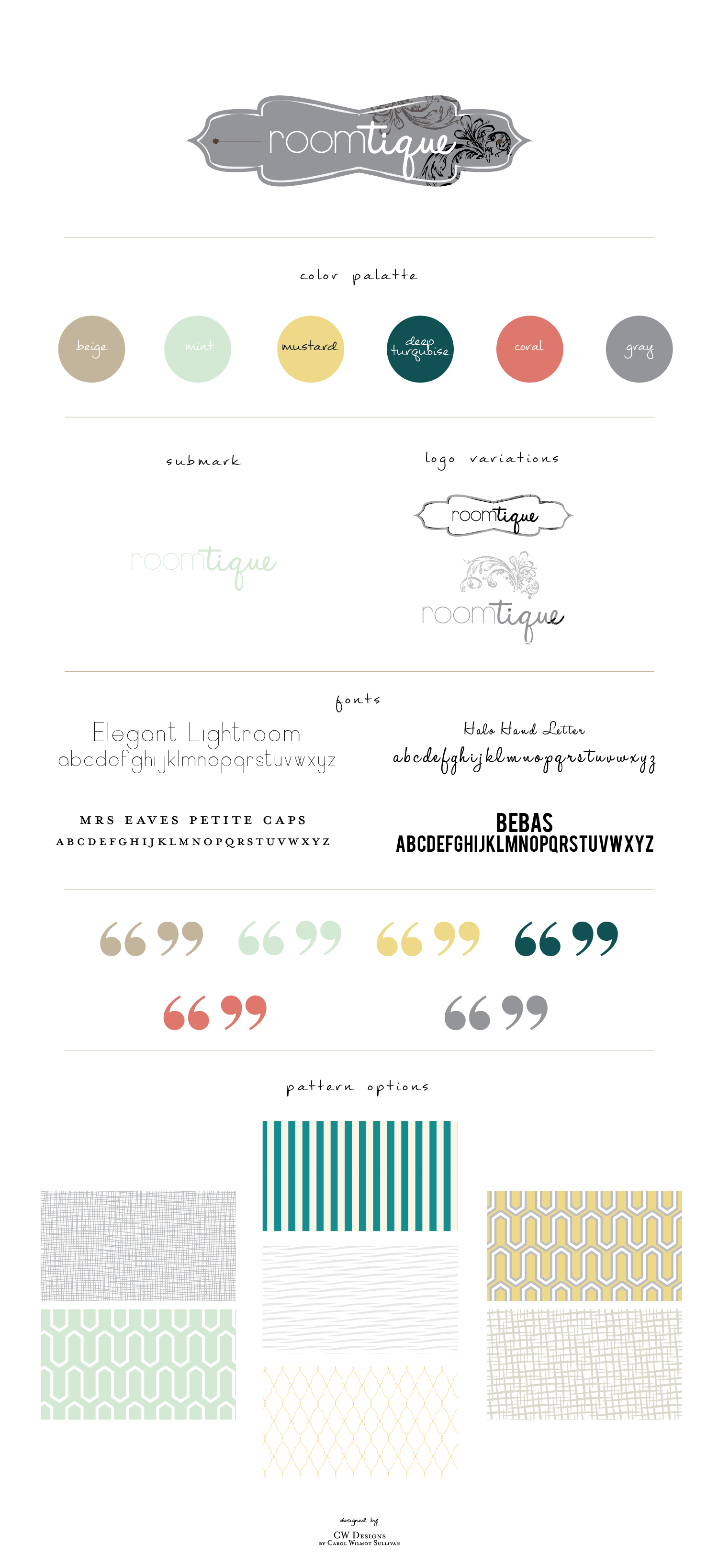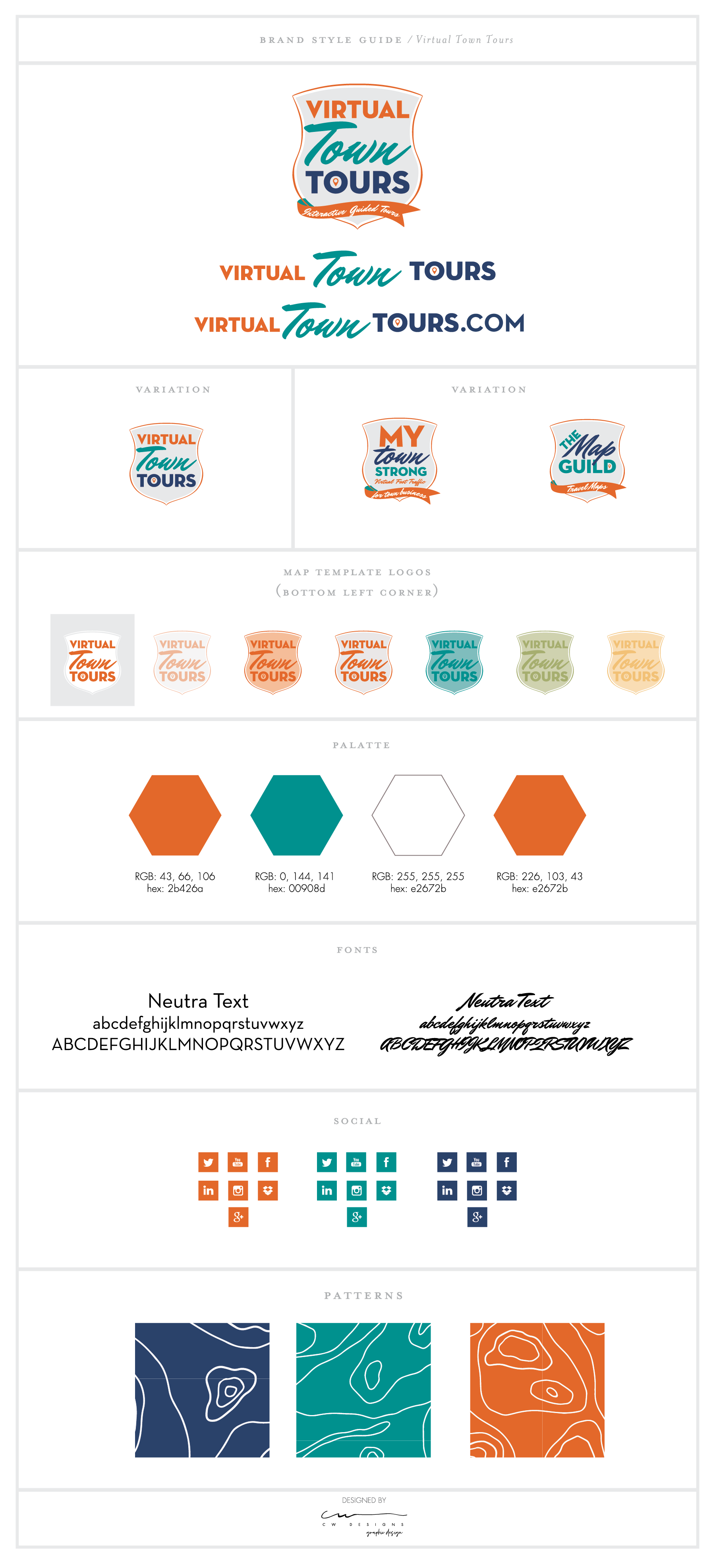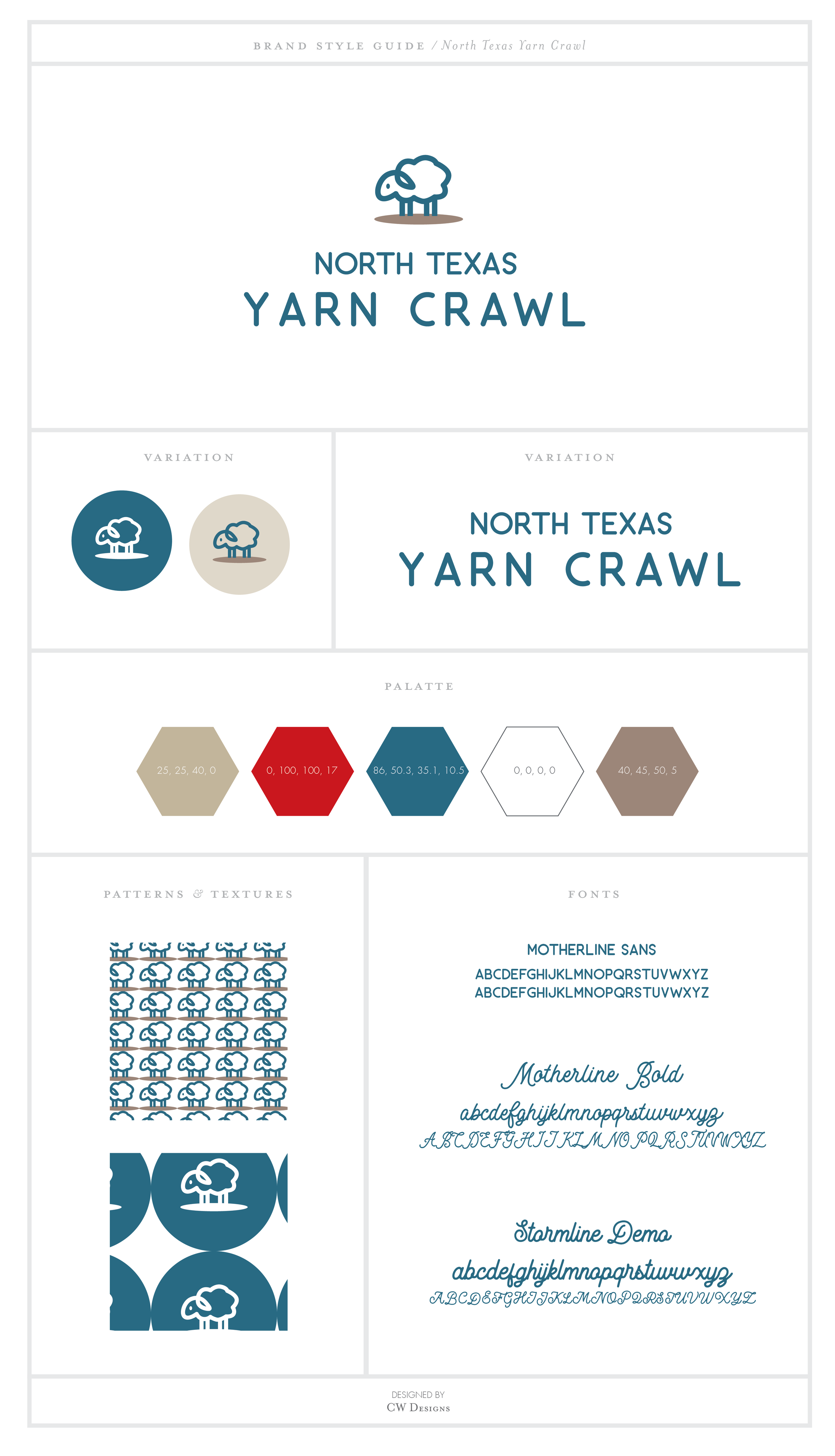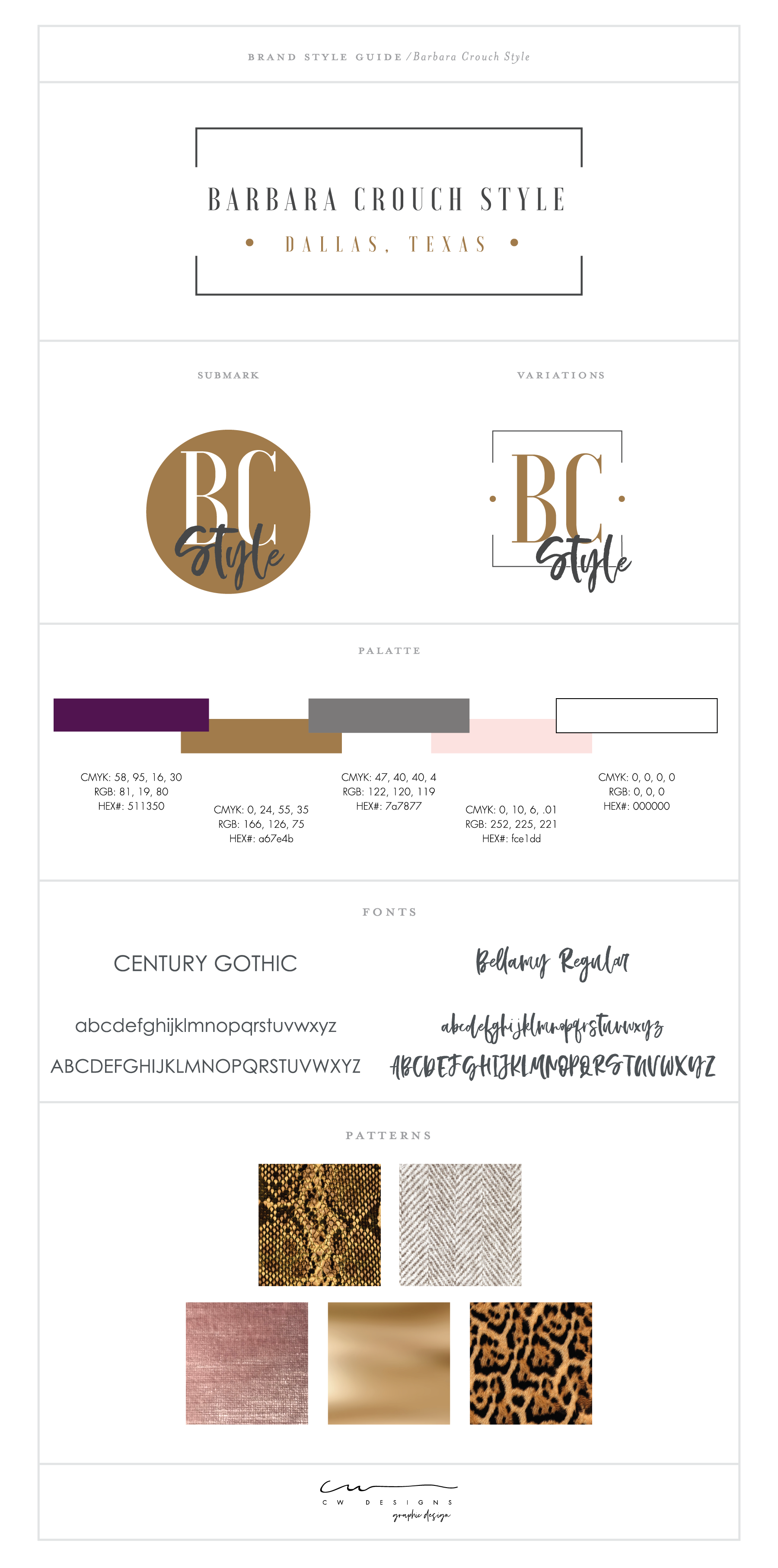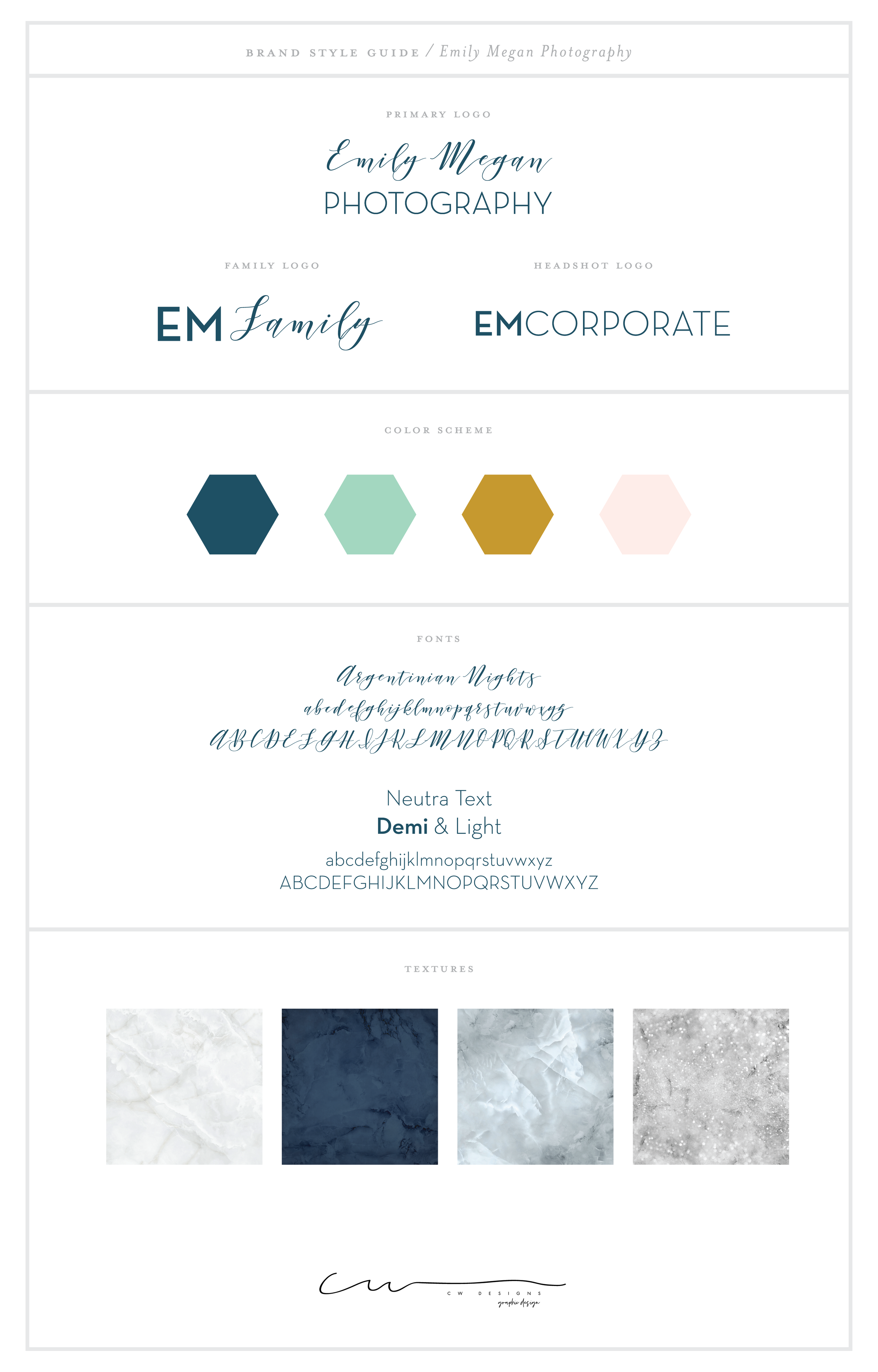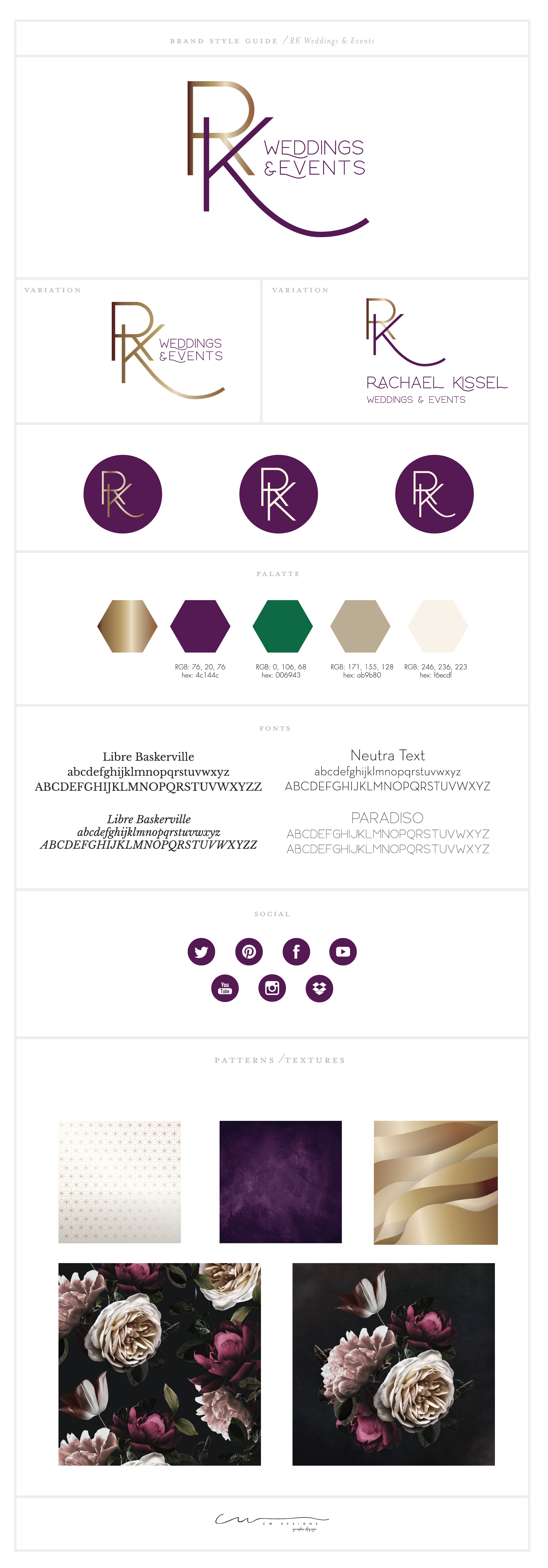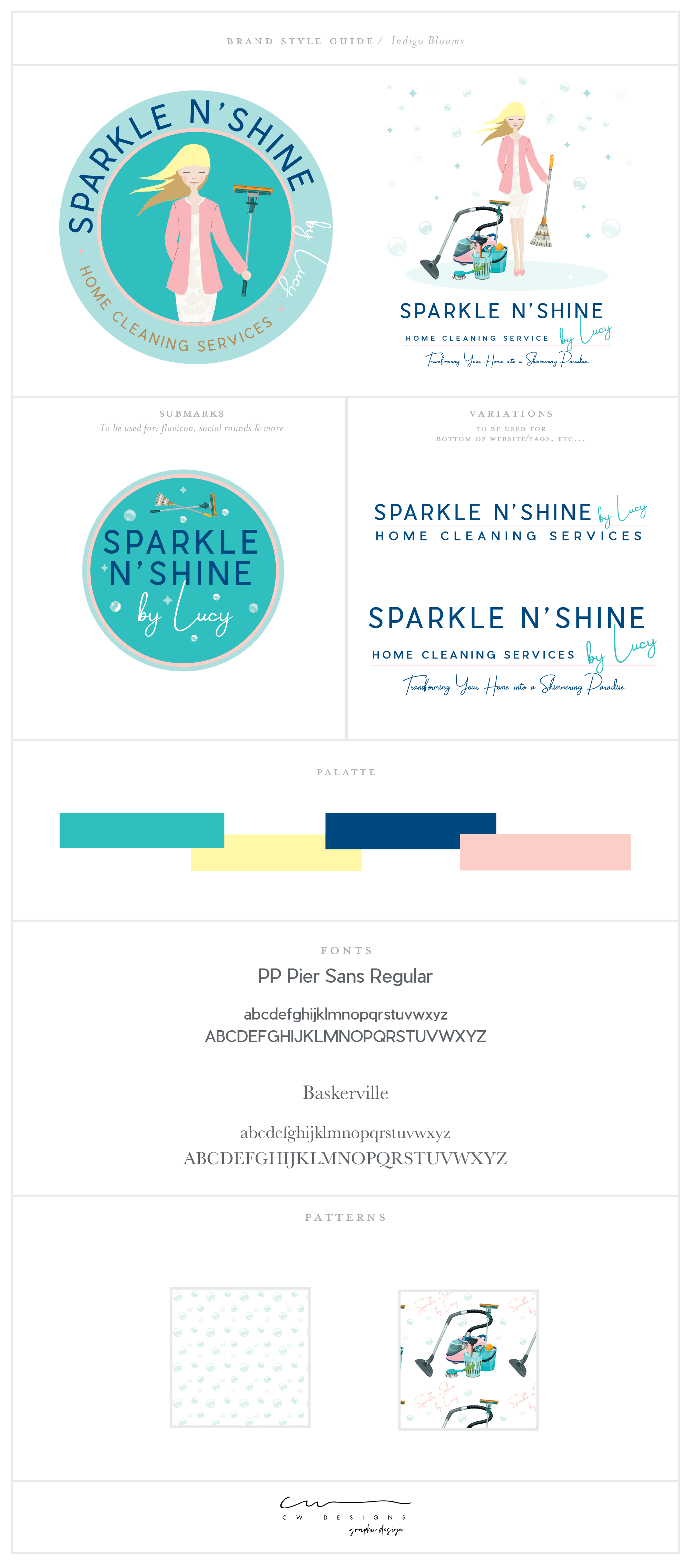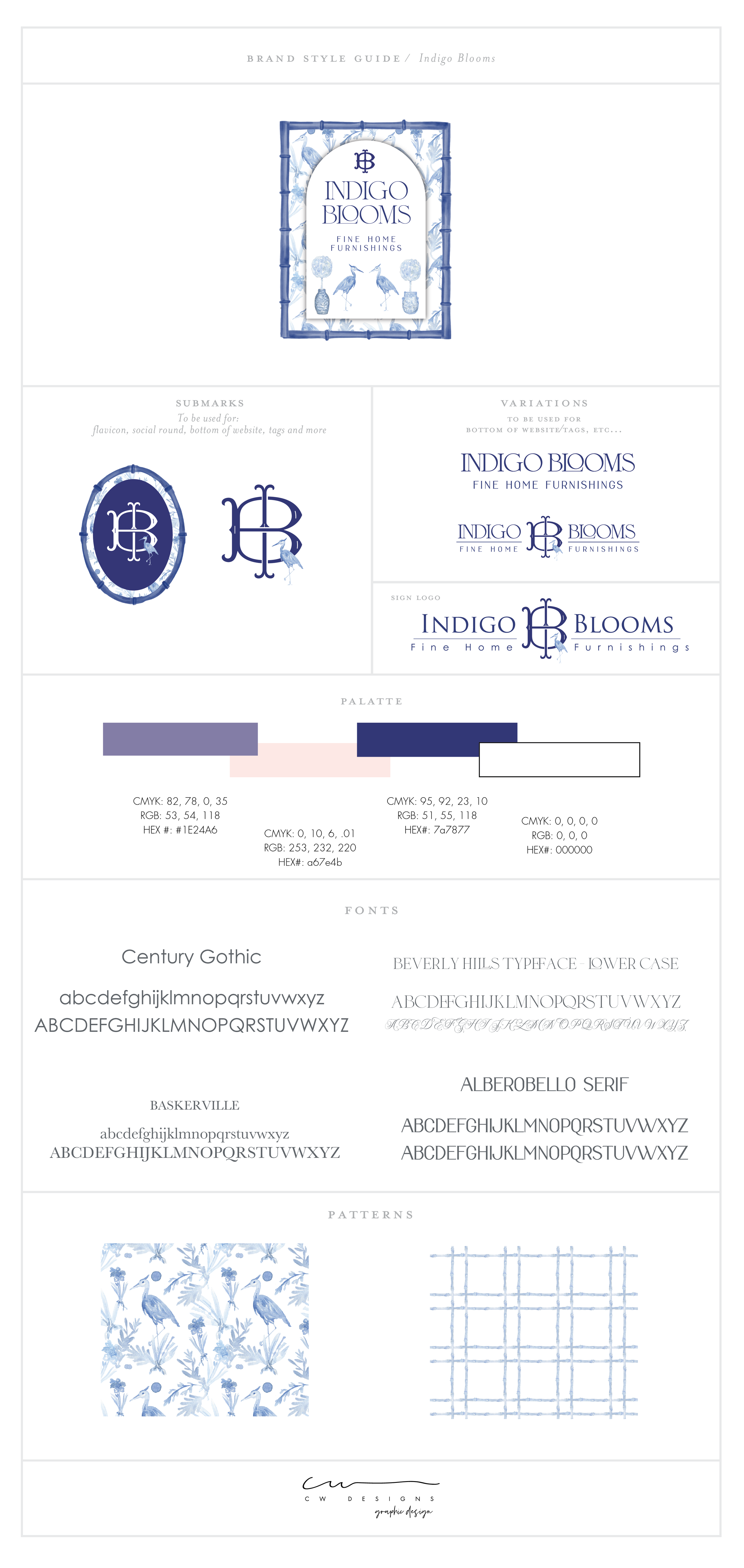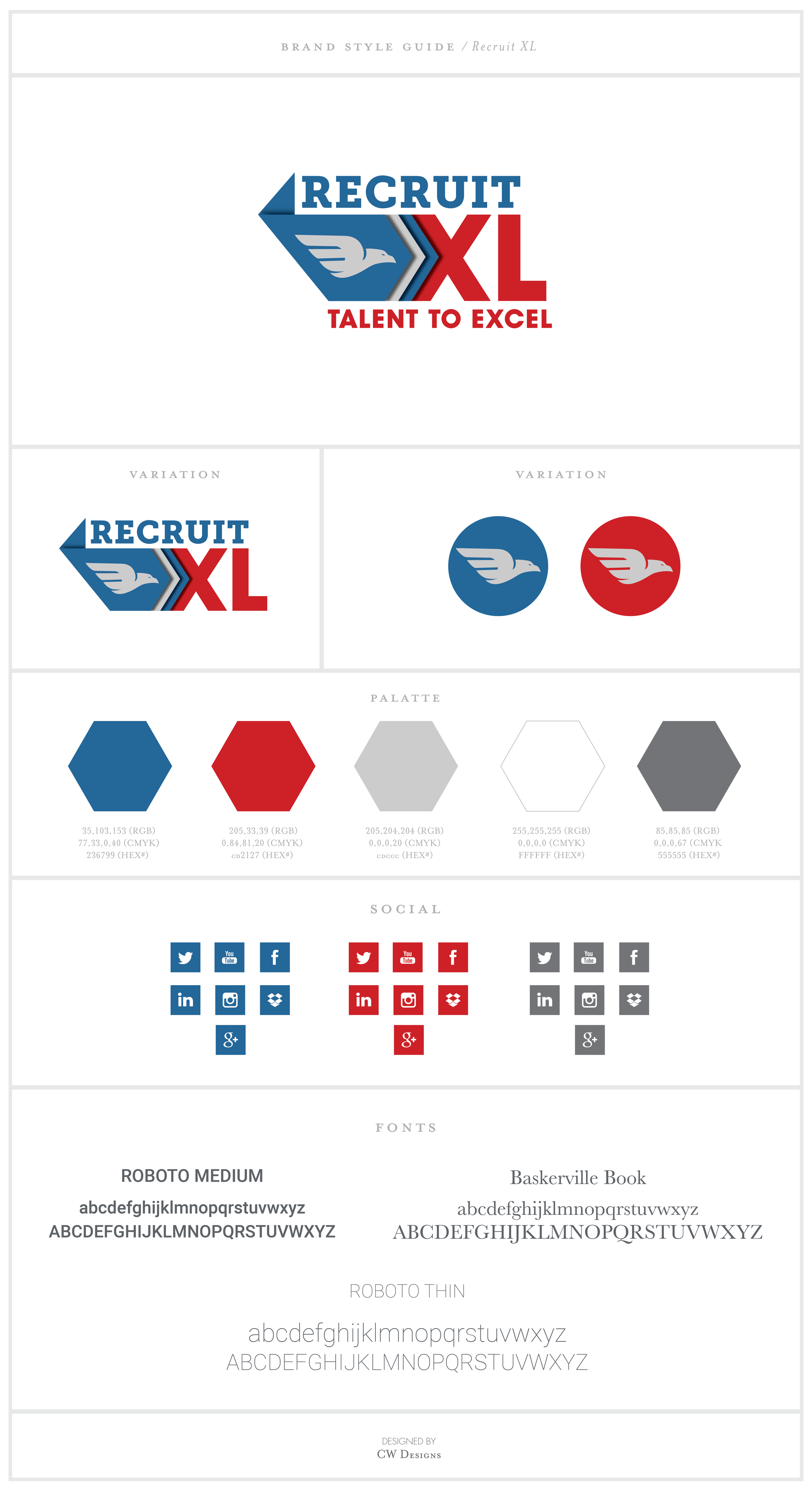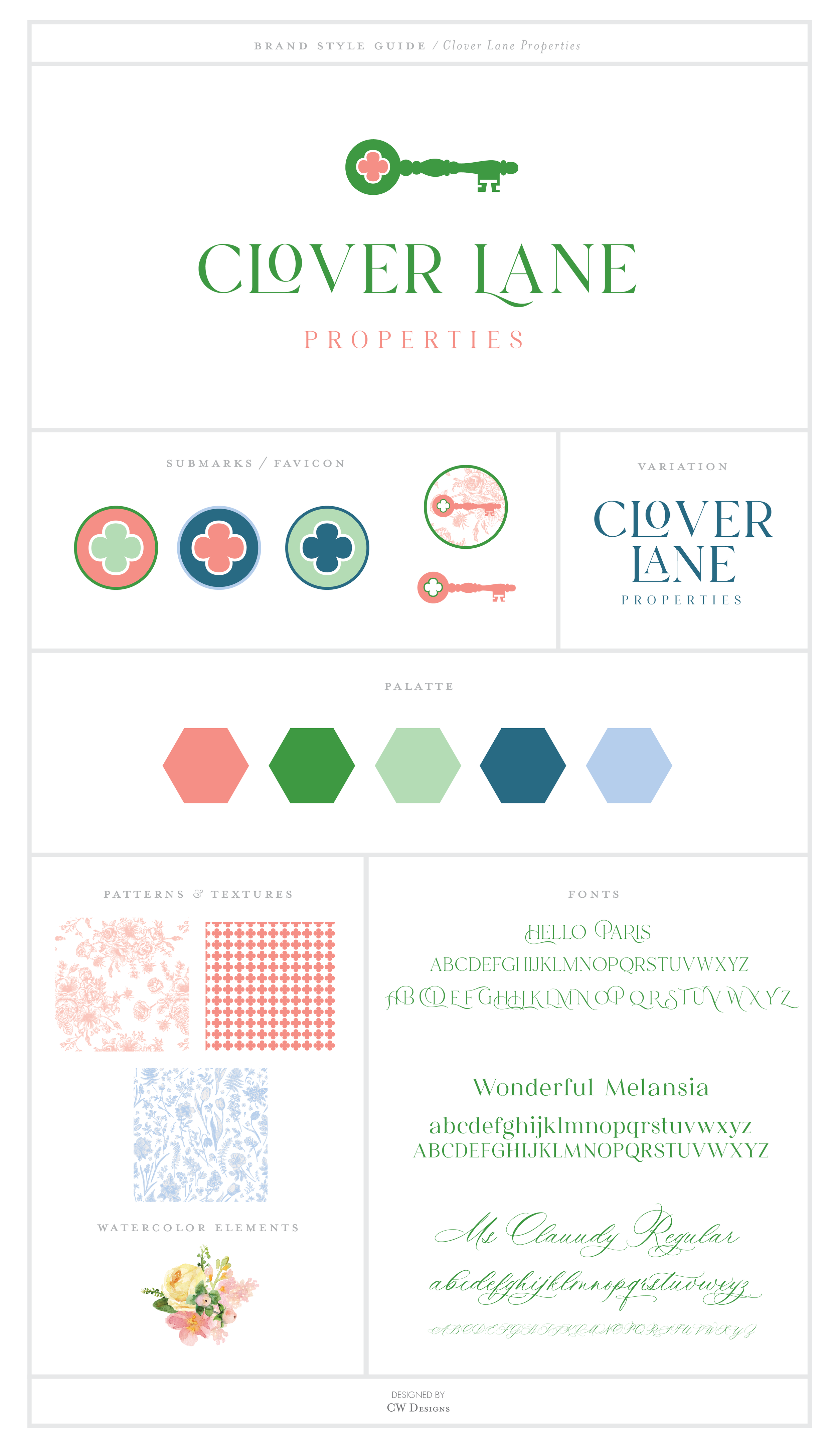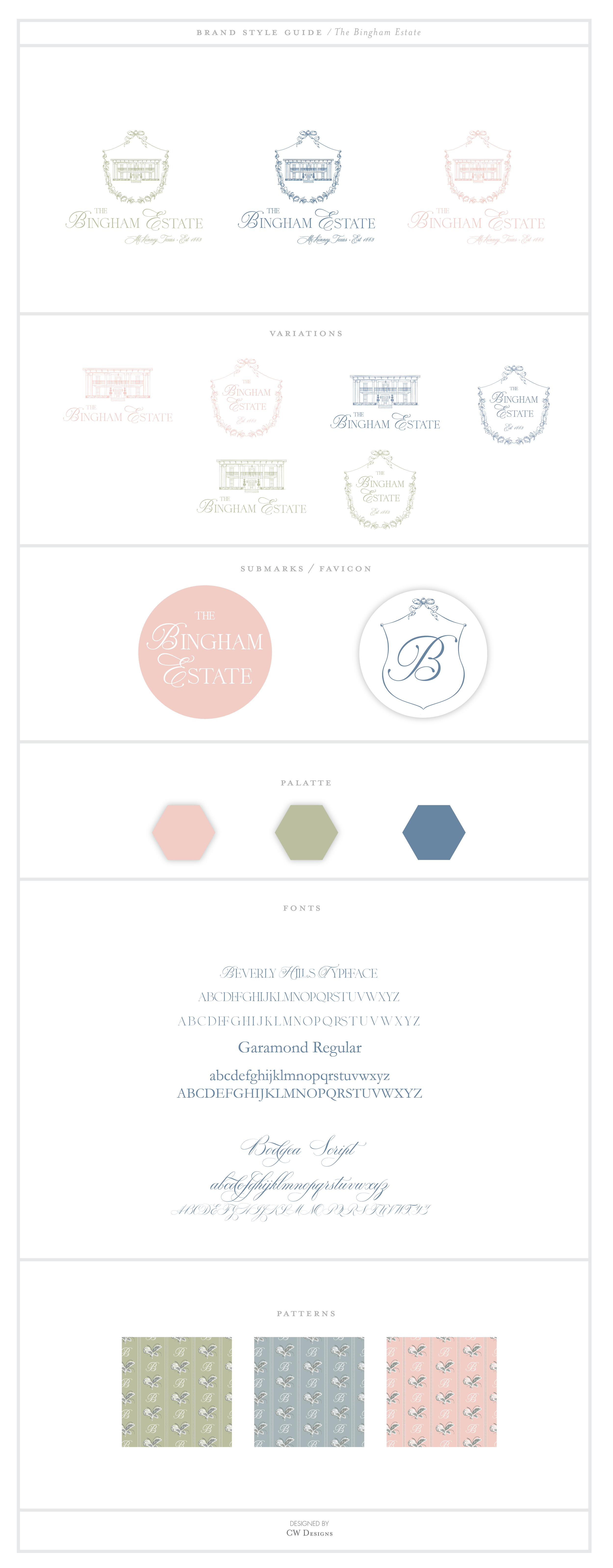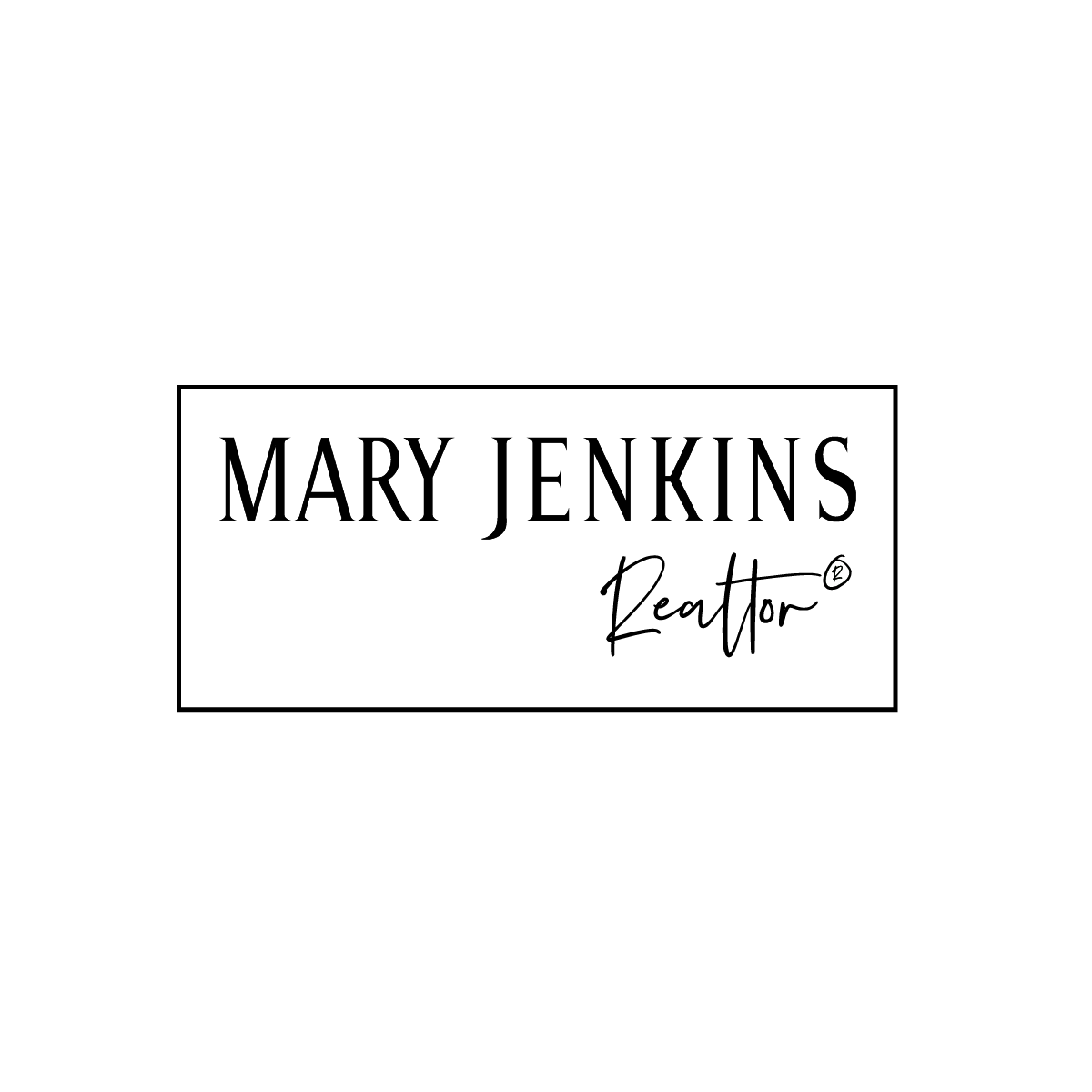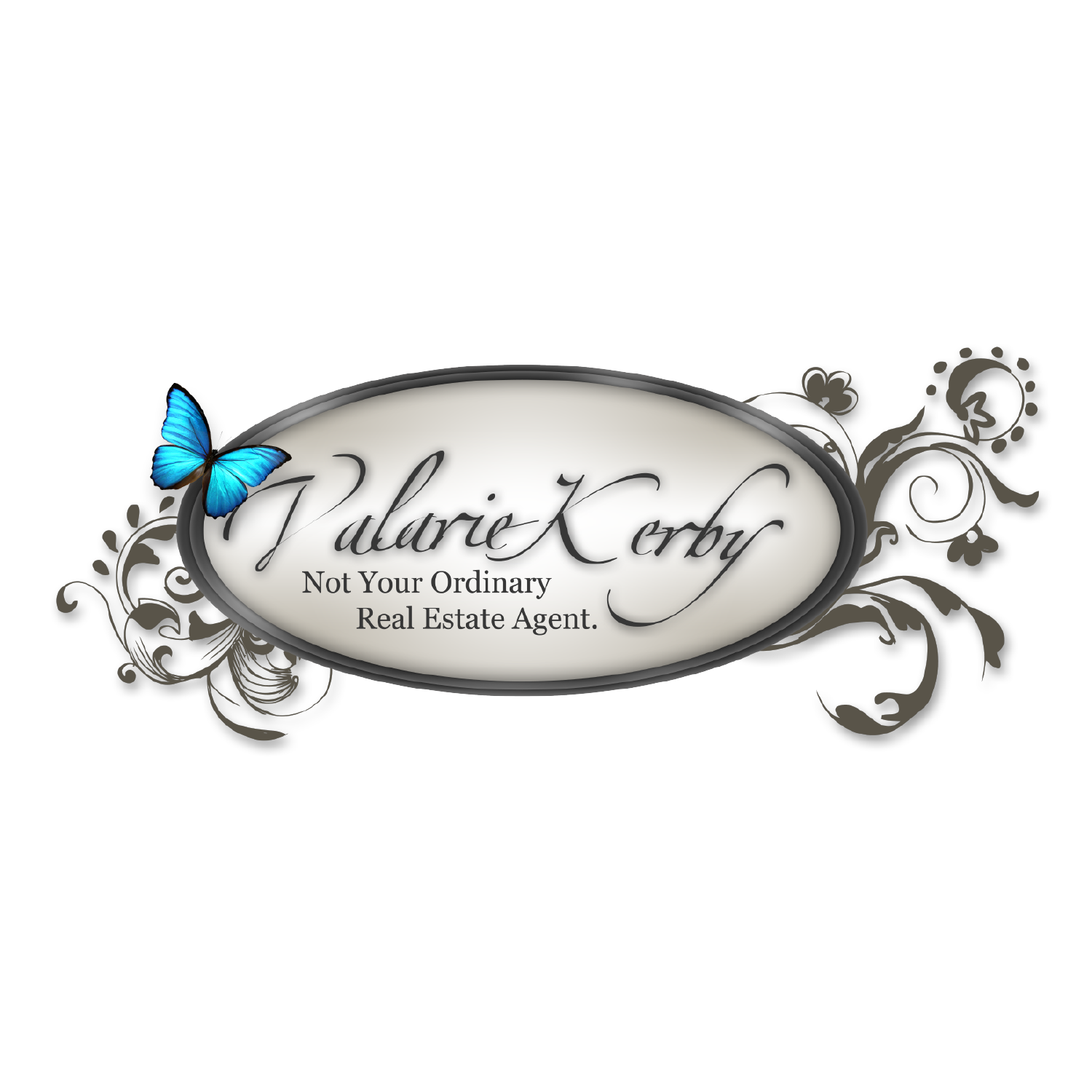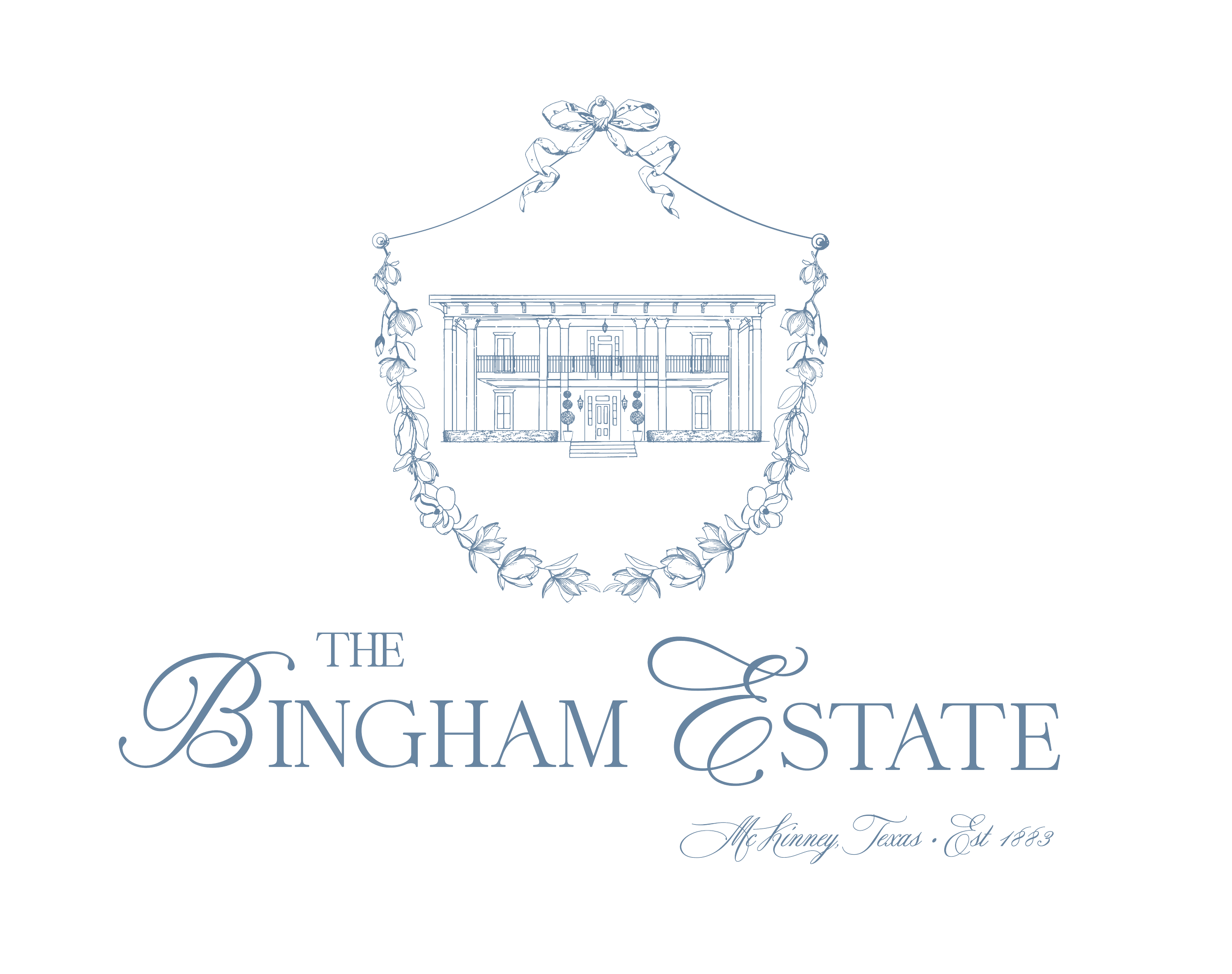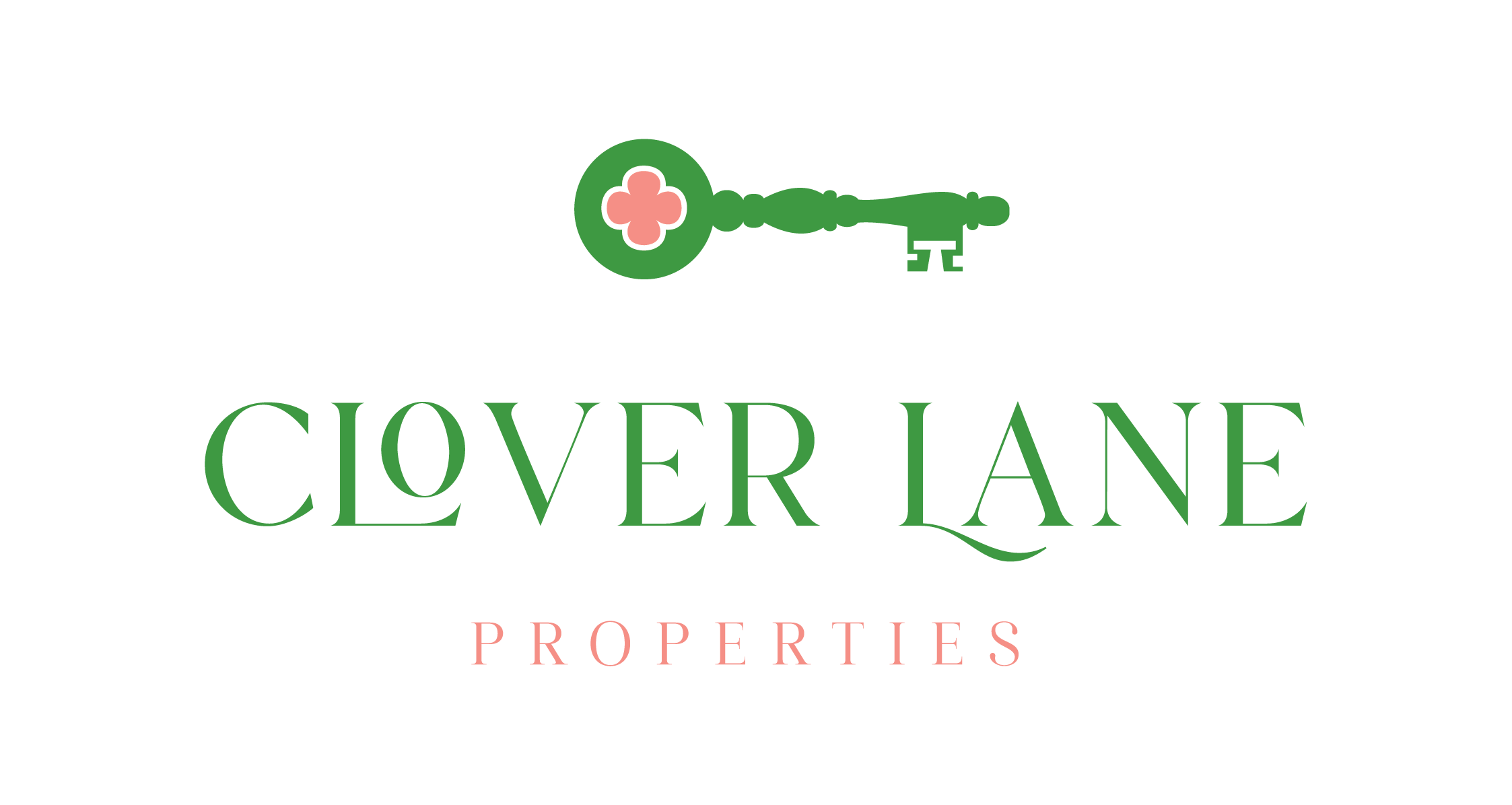● Event management and ticketing
● Image galleries
● AdSense ads
● Email marketing forms
● Pop-Ups
● Live chat
● Social media integrations
Wix gives you a choice of over 200 apps covering all the major sectors like E-commerce, social media, blogging, and business. The Wix App Market is easy to use, posting user-reviews, price breakdowns, and quick installations.
Squarespace, however, does not allow any third-party app installations. Alternatively, it has its own integrations for limited external services. But, it is very restrictive in this aspect.
If you think Wix has an expansive market, WordPress gives you access to a whole mega mall of apps and plugins. You can pick from over 54,000 plugins, paid and free, to enhance your website services. WordPress plugins allow you to add pretty much any feature you could ever want. For a fully flexible, custom builder with thousands of apps/plugins, WordPress is the winner.
This proves to be an advantage, especially if you are in the Real Estate business. Real Estate Agents, property managers, leasing and brokerage men, and construction workers would prefer to select a WordPress design package to feature their MLS listings and interactive maps.
Social Media Integration
Raking in retweets and getting your viewers to like posts on social media is, now, a large part of running a website and business.
With Wix, you can include tabs and integrate social media aspects to your site- adding live feeds, posts, etc. This comes with a dashboard for promoting social media posts.
Squarespace has a similar feature too. But it lets you link accounts of over 25 different social accounts.
The biggest leverage WordPress has over Wix and Squarespace is its flexibility. And, the trend doesn’t change here either. For your social media approach, you can include any number of add-ons and plugins like share buttons, comments, auto-posting, etc.
Blogging
Blogging is a great section to include on your website. It keeps your audience interested and updated.
Wix makes blogging quick and easy. Add galleries, comments, and incorporate a range of other components with a click of a button. Wix Blog apps offer more features. However, a drawback to Wix is that you cannot archive posts.
Squarespace is an all-rounder blogging platform. It provides you with everything you may need to create a blog or portfolio.
WordPress is most preferred for blogging. Its popularity has made it the number 1 option for bloggers all over.
Bloggers and writers would likely select Squarespace for the simplicity and no-coding bonus. But if they need a more complex website with custom add-ons, WordPress would be the best choice.
E-Commerce
E-commerce is a booming sector, and it isn’t slowing down any time soon. No wonder why most businesses have gone online and set up their online stores. This is where CMS is a blessing to small and larger business owners. It is vital to have a quality online shopping service if you want to see dollars rolling in.
Wix is the best ‘generic’ website builder with e-commerce functionality. It allows you access to most of the basic features you would need to build your online store. This makes it a suitable choice for smaller e-commerce websites.
Squarespace not only provides the best templates, but it also offers standard e-commerce features. These include product image zooming, coupon generation, abandoned cart recovery, and zero transaction fees. But in the end, it may be a little limited and restrictive in its features.
WordPress is different. There’s nothing ‘built-in, ready at the click of a button,’- so, for e-commerce functionality, you will have to add another specific plugin. But if you want to create something unique to attract more traffic, the intricate process is worth it.
For small e-commerce businesses, Wix is the best choice. But if you are looking for a large to medium-sized enterprise, WordPress offers the originality you need.
What’s Best for Your Business?
Coming to the main objective of this article, let’s talk about what platform will work best for you. We will provide an industry-insight to help make you the right decision. Besides blogging, e-commerce, and real estate, other smaller-scaled businesses can benefit from using CMS. They only need to find the one suited to their demands, which either Squarespace, Wix, or WordPress indeed do.
Running a business demands a multitude of tasks from their website. These days, the online front is the primary ‘workspace’ for most small-scaled stores. That adds to the expectation of owning a well-oiled website.
This also means that the site should manage the company and other enterprises it may deal with. Other aspects may include accounting, tax preparation, bookkeeping, and payroll services.
Each business model is different. The type of website dictates the software you should use. And the type of website depends on things like- the product you’re selling, your consumer base, budget, etc.
WordPress is best used for creating a unique website, with no limit to customization. It’s a great option to stand apart from your competition and attracts more traffic hence upping the sale. Wix and Squarespace are better for a new and smaller business. Wix is reliable to create a platform for online shopping and establish more services. Squarespace might be restrictive in this sense as it doesn’t have its app store.
Lawyers lead a busy life. As much as they need marketing and a dedicated website for their practice or law firm, they just don’t have the time to spare to do it themselves. CMS is a lifesaver for legal aid professionals. Thankfully, WordPress, Wix, and Squarespace all offer special law-themed templates.
Templates, blogging, app stores, and SEO features are the main areas to consider when deciding your CMS software.
WordPress, as per its trend, has the upper hand with its unlimited creative freedom, hundreds of templates including legal firm-appropriate ones, and as many plug-ins and add-ons as you could ever want. They also have specific apps and compatibility services. WordPress also provides its customers with apps like Contact Form 7, Strong Testimonials, SecuPress, Co-Authors Plus, and WP Customer Reviews, important for any law related website.
Wix is easier to use, designing without coding. It’s much simpler and quicker than any other CMS platform. It also has its featured law-themed template to choose from. Additionally, Wix’s SEO Wiz, client contact, WIX Bookings are a blessing for anyone who wants to put up a credible site.
Squarespace has only one law-based template. Although it has all the basics like an integrated contact form, a Services page, and a News page for company updates or a blog, what gives Squarespace its edge is its feature like- Advanced blogging, Acuity Scheduling, and Squarespace Analytics.
WordPress and Wix may be the safest bets to create a law-firm based website for marketing and providing legal services.
The world of social media, marketing, PR services, photography, videography, video production, writing, blogging, graphic designing, and copywriting all come under the wide umbrella of “The Creative World.” For the most part, all of these services share the same basic requirements. All of these areas call for advanced blogging tools, social media/ video/photo integration features, and the most obvious, freedom to creativity.
One word. WordPress. WordPress is the prized winner for allowing the ultimate freedom to creativity. Create a completely original website, reflecting your work and personality. WordPress, originally being a blogging platform, lets you write and manage your blogs any way you want. It has supportive SEO boosters, and the app store, more like a mall, has anything and everything you want.
If you want all that without writing codes, Wix and Squarespace share second place. They have their differences- in the template and designing options and apps and plug-ins- but the choice between these two depends more on your preference than anything else.
Being a medical practitioner, your job is not only looking out for your patients. In today’s world, most patients expect an updated and well-kept website owned by their health practitioners and diagnostic laboratories. This allows them to access information, book appointments, receive their reports online, and a few other things. So besides the design templates, the main deciding factor should be the tools you get with CMS software.
Squarespace has the most-expensive looking templates that melts any visitor, while Wix has its own niche just for the medical and healthcare theme. WordPress is all great, with the greatest flexibility, but the biggest drawback will always be the coding you have to get through.
Service providers is a broad term. This talks about the general small-time businesses any town or city has. Food & Restaurant, Travel & Lodging, Event Planning & Management, Health, Beauty & Wellness, Fitness & Personal Training, Sports and Recreation, Pet Services, Cleaning & Maintenance, Landscaping and Gardening, Automotive Repair & Leasing, Warehousing and storage, Equipment rental and leasing, etc. come under this category.
The age of the internet makes it a basic expectation for any business or service, small or big, new or old, to own a proper website. The simple functions of checking the business out, viewing the products and reviews, finding the contact information and social media hookups, booking appointments, and contacting the owners should be available for any potential customer who visits the website. Then comes the specifics of online-ordering, bookings, etc.
All of these requirements require a CMS platform with the necessary tools and features. WordPress checks all of these boxes and more. Wix and Squarespace make the process simpler. They also support ‘Built-in Online Reservations,’ which can boost businesses to the next level. SEO tools are a great way to popularize your site in the web engine search, creating more traffic. The budget, skills, time frame, and specific requirements are what decide who makes the cut for your website.





